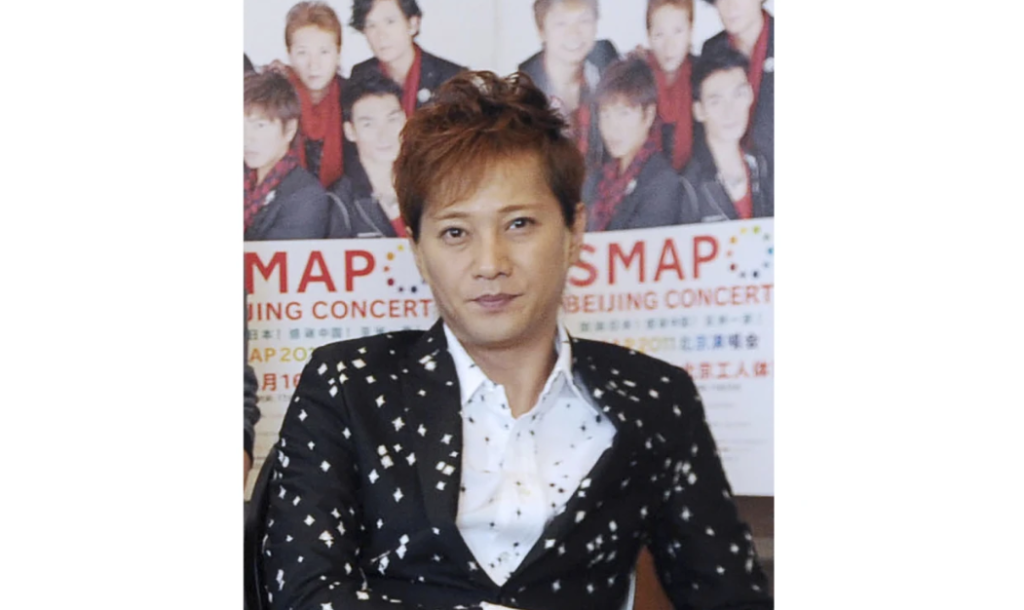Masahiro Nakai, one of Japan’s top TV personalities and a former pop star, announced on Thursday that he was retiring from the entertainment industry in order to take responsibility for sexual assault allegations. These accusations are part of a larger wave of controversy sweeping through Japan’s entertainment sector, which has led to a significant loss of advertising for one of the networks he worked with.
A report by the weekly magazine Shukan Bunshun in December revealed that Nakai had reached a settlement of 90 million yen ($580,000) with a woman who accused him of sexual assault at a 2023 dinner party, which was allegedly organized with the help of Fuji TV staff. Nakai acknowledged a “trouble” and the settlement, but denied any violence in a statement released earlier this month. The magazine also claimed that Fuji TV had long used its female announcers to entertain stars like Nakai.
In his statement, Nakai announced his retirement, saying, “I, Masahiro Nakai, am retiring from entertainment activities as of today.” The news was confirmed by Japanese media and shared by members of his fan club on social media.
Masahiro Nakai expressed deep regret for the trouble and harm he caused to many people, offering a heartfelt apology to the woman involved in the allegations. He further apologized for leaving in this manner, saying, “I’m really, really sorry for saying good-bye this way… Sayonara.”
Japan’s entertainment industry is currently facing a wave of sexual assault cases, including the abuse of hundreds of boys and young men by the late talent mogul Johnny Kitagawa. Kitagawa’s now-defunct agency, Johnny & Associates, was responsible for managing several boy bands, including SMAP, the group to which Nakai belonged.
Last Friday, Fuji TV President Koichi Minato acknowledged that the company had been aware of the allegations six months prior to the magazine report but had failed to make it public. Minato apologized and stated that Fuji TV would investigate the matter, though he also expressed his belief that the company’s employees had not been involved in any wrongdoing.
Following the withdrawal of numerous commercials, Fuji TV apologized for the disruption caused to advertisers and agencies, but chose not to provide further details.
Ryunosuke Endo, vice-chairperson of Fuji Television Network and head of Japan’s commercial broadcasters’ association, spoke at a news conference on Thursday, revealing that he first learned about the issue in December when asked for a comment on the scandal. He said he was “extremely shocked” and that the situation had been kept confidential among a small group of people to protect the victim’s privacy and support her. Endo emphasized that Fuji TV should focus on rebuilding trust by conducting a proper third-party investigation to explain what happened.
In a separate development, Fuji TV and its parent company, Fuji Media Holdings, held a board meeting on Thursday. They announced the formation of an independent panel of lawyers, following the guidelines set by the Japan Federation of Bar Associations. The meeting came in response to shareholder demands for further clarification about the scandal and the steps the company has taken, as well as future measures.
In his statement, Nakai revealed that he had finalized the termination of his television and radio shows, as well as his contracts with sponsors. While acknowledging his responsibility, he pledged to address the various issues at hand and respond to them sincerely.
Endo stated that Nakai’s decision to retire was a personal one, but emphasized that Nakai would be involved in the upcoming investigation and expressed hope for his full cooperation.
Endo also acknowledged attending several parties in the past with female announcers, known as “joshi anna,” who typically assist on entertainment shows. He explained that these gatherings were for networking and business purposes, but suggested that the male-dominated nature of decision-making in such settings may have contributed to the problematic culture.

